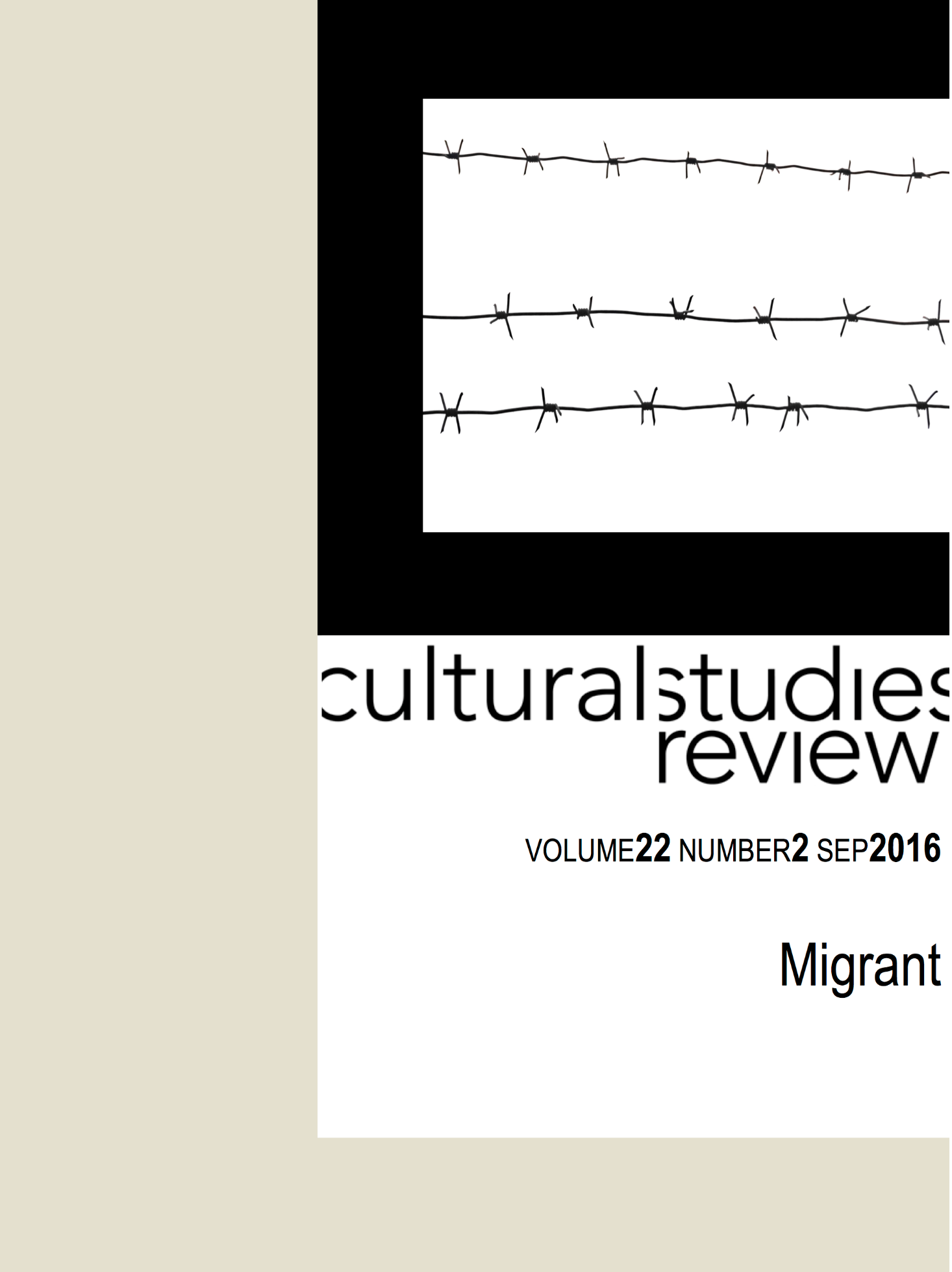Interrogating the Founding Gestures of the New Materialism
Main Article Content
Abstract
In this article, I aim to further thinking in the broadly ‘new materialist’ field by insisting it attends to some ubiquitous assumptions. More specifically, I critically interrogate what Sara Ahmed has termed ‘the founding gestures of the “new materialism”’. These founding rhetorical gestures revolve around a perceived neglect of the matter of materiality in ‘postmodernism’ and ‘poststructuralism’ and are meant to pave the way for new materialism’s own conception of matter-in/of-the-world. I argue in this article that an engagement with the postmodern critique of language as constitutive, as well as the poststructuralist critique of pure self-presence, does not warrant these founding gestures to be so uncritically rehearsed. Moreover, I demonstrate that texts which rely on these gestures, or at least the ones I discuss in this article, are not only founded on a misrepresentation of postmodern and poststructuralist thought, but are also guilty of repeating the perceived mistakes of which they are critical, such as upholding the language/matter dichotomy. I discuss a small selection of texts that make use of those popular rhetorical gestures to juxtapose the past that is invoked with a more nuanced reading of that past. My contention is that if ‘the founding gestures of the “new materialism”’ are not addressed, the complexity of the postmodern and poststructuralist positions continues to be obscured, with damaging consequences for the further development of the emerging field of new materialism, as well as our understanding of cultural theory’s past.
Article Details
Section
Authors who publish with this journal agree to the following terms:
a) Authors retain copyright and grant the journal right of first publication with the work simultaneously licensed undera Creative Commons Attribution License that allows others to share and adapt the work with an acknowledgement of the work's authorship and initial publication in this journal.
b) Authors are able to enter into separate, additional contractual arrangements for the non-exclusive distribution of the journal's published version of the work (e.g., post it to an institutional repository or publish it in a book), with an acknowledgement of its initial publication in this journal.
c) Authors are permitted and encouraged to post their work online (e.g., in institutional repositories or on their website) prior to and during the submission process, as it can lead to productive exchanges, as well as earlier and greater citation of published work (See The Open Access Citation Advantage Service). Where authors include such a work in an institutional repository or on their website (ie. a copy of a work which has been published in a UTS ePRESS journal, or a pre-print or post-print version of that work), we request that they include a statement that acknowledges the UTS ePRESS publication including the name of the journal, the volume number and a web-link to the journal item.
d) Authors should be aware that the Creative Commons Attribution (CC-BY) License permits readers to share (copy and redistribute the work in any medium or format) and adapt (remix, transform, and build upon the work) for any purpose, even commercially, provided they also give appropriate credit to the work, provide a link to the license, and indicate if changes were made. They may do these things in any reasonable manner, but not in any way that suggests you or your publisher endorses their use.
